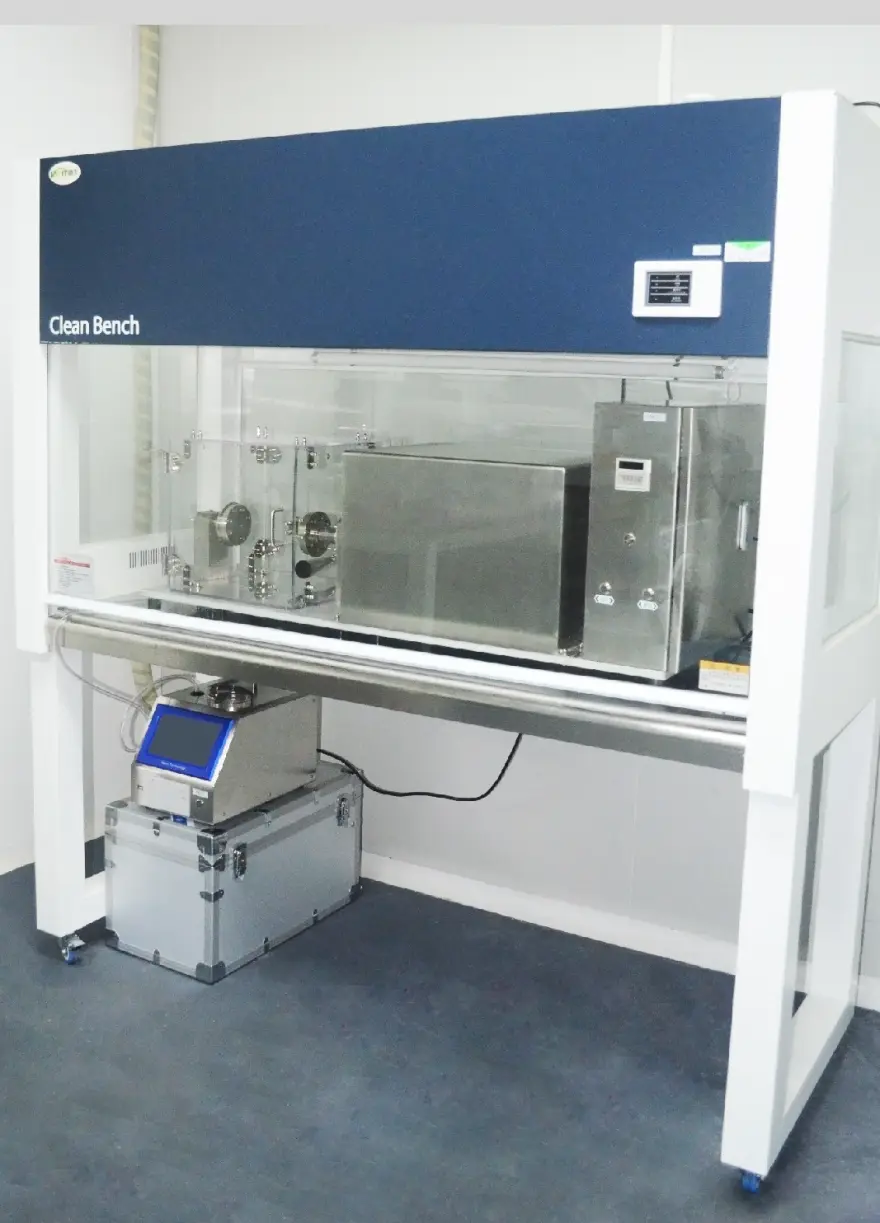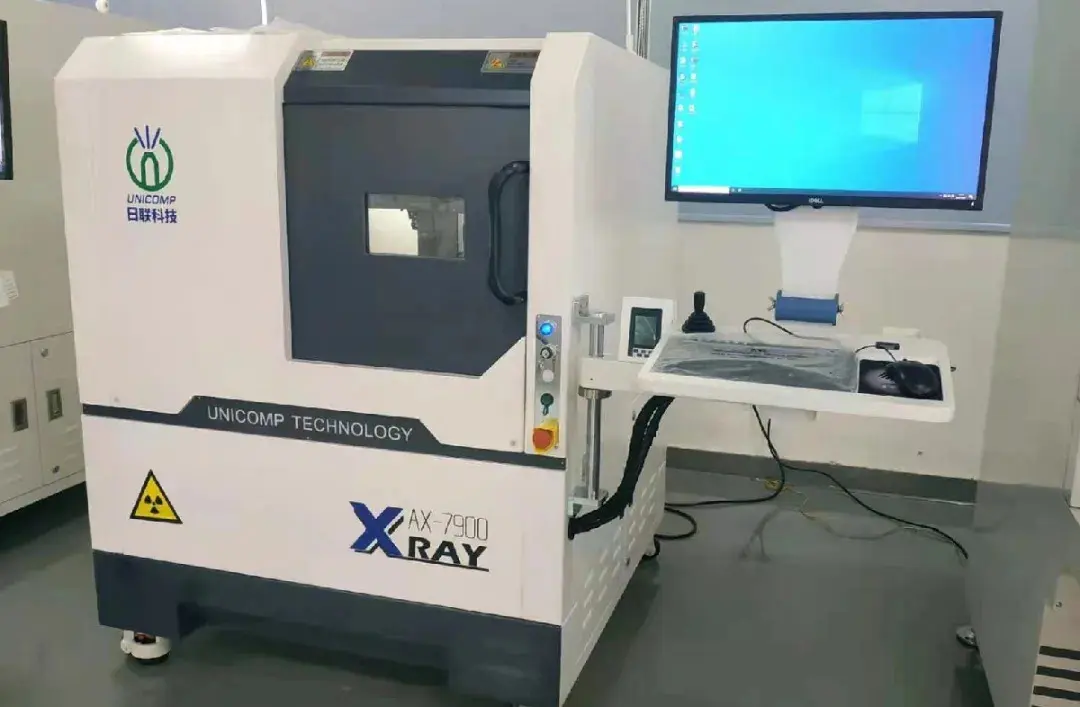
Why MTC Certificate for Metal Clearance in Europe?
Currently, metal products and materials such as stainless steel, steel coils, iron, copper, alloys, aluminum, and their derivatives require an MTC certificate for customs clearance when exported to Europe. The MTC certificate, formally known as the "Mill Test Certificate" or "Manufactory Test Certificate," is a widely used quality assurance document in the metal industry. It certifies the chemical, mechanical, and physical properties of metal materials, ensuring compliance with relevant international standards and regulations.
Customs Clearance of Metal Products in Europe: Why Is an MTC Certificate Essential?
In today's globally interconnected trade environment, the cross-border movement of metal products, vital as industrial raw materials and finished goods, has become increasingly significant. Europe, as a major global economic hub, maintains strict regulatory standards for the quality and origin of imported metal products. Among these requirements, the MTC certificate (Mill Test Certificate) plays a pivotal role in facilitating customs clearance of metal products in Europe. This article explores the reasons why an MTC certificate is essential and its importance in this process.
1. Definition and Function of the MTC Certificate
The MTC certificate, or Mill Test Certificate, is a widely used quality assurance document in the metal industry. It contains detailed records of the chemical, mechanical, and physical properties of metal products, along with key information about the manufacturing process. Typically issued by manufacturers or third-party testing agencies, the certificate serves to confirm that metal products meet specific international standards and regulations.
2. Why Is an MTC Certificate Required for European Customs Clearance?
Compliance with EU Regulations
The EU imposes strict regulations on the quality and safety of imported metal products. The MTC certificate serves as critical evidence that metal products comply with these EU standards, making it a mandatory document for customs clearance. Only metal products with a valid MTC certificate are legally permitted to be sold and used in the EU market.
Ensuring Product Quality and Safety
The MTC certificate provides detailed information about the chemical composition, mechanical properties, and physical characteristics of metal products. These details are crucial for evaluating the quality and safety of the products. Using the certificate, European customs authorities can quickly verify the compliance of imported goods with EU standards, ensuring product safety and quality.
Addressing Trade Sanctions and Restrictions
In recent years, due to shifts in international political and economic dynamics, some countries and regions have implemented trade sanctions and restrictions on specific metal products. For instance, the EU has imposed sanctions on Russian metal exports, requiring all metal products imported into the EU to be accompanied by an MTC certificate to confirm that their materials do not originate from Russia. In such cases, the MTC certificate becomes a key tool for addressing trade sanctions and restrictions.
Facilitating Trade
As proof of compliance and quality for metal products, the MTC certificate helps streamline customs clearance in Europe. It reduces delays and costs that might arise from missing documentation. For importers, metal products with a valid MTC certificate are more likely to receive approval and clearance from European customs authorities, mitigating trade risks and costs.
3. How to Apply for an MTC Certificate
Understanding Standards and Requirements
Importers should first familiarize themselves with EU standards and requirements for metal products and the specific content and format of the MTC certificate.
Choosing a Qualified Testing Agency
Importers can select accredited third-party testing agencies or manufacturers to conduct testing and certification. These agencies evaluate the metal products according to the relevant standards and requirements.
Submitting an Application and Awaiting Approval
Importers must submit an application to the testing agency, along with necessary samples and documentation. The agency will conduct tests and evaluations on the samples and issue an MTC certificate based on the results.
Obtaining the Certificate and Completing Customs Clearance
Once the MTC certificate is issued, importers can present it to European customs as proof for clearance. Additionally, importers must comply with other EU customs requirements, such as paying duties and submitting other necessary documentation.
In conclusion, the MTC certificate is indispensable for customs clearance of metal products in Europe. It not only ensures compliance with EU regulations and guarantees product quality and safety but also addresses trade sanctions and restrictions while promoting trade facilitation. For businesses engaged in international trade of metal products, understanding and obtaining an MTC certificate is a crucial step for ensuring smooth entry into the European market. Moving forward, we will continue to monitor updates and requirements related to MTC certificates, providing more comprehensive and professional services to importers.
Email:hello@jjrlab.com
Write your message here and send it to us
 Packaging Validation ISO 11607 Test Report
Packaging Validation ISO 11607 Test Report
 What is the ISO 11607-1 Packaging Validation Test?
What is the ISO 11607-1 Packaging Validation Test?
 How to get an ISO 11737-1 Test Report?
How to get an ISO 11737-1 Test Report?
 Orthopedic Implant Cleanliness Testing
Orthopedic Implant Cleanliness Testing
 What is ISO 10993-23:2021 Irritation Testing?
What is ISO 10993-23:2021 Irritation Testing?
 ISO 10993-23 Irritation Testing Laboratory
ISO 10993-23 Irritation Testing Laboratory
 EMI Emissions Testing
EMI Emissions Testing
 EMC Standards for Medical Devices
EMC Standards for Medical Devices
Leave us a message
24-hour online customer service at any time to respond, so that you worry!




